By Rebecca Drew
THIS FAMILY of five are living the off-grid dream thanks to their self-sufficient homestead lifestyle which means they no longer have an electricity bill and eat what they produce on their farm all while home-schooling their three children.
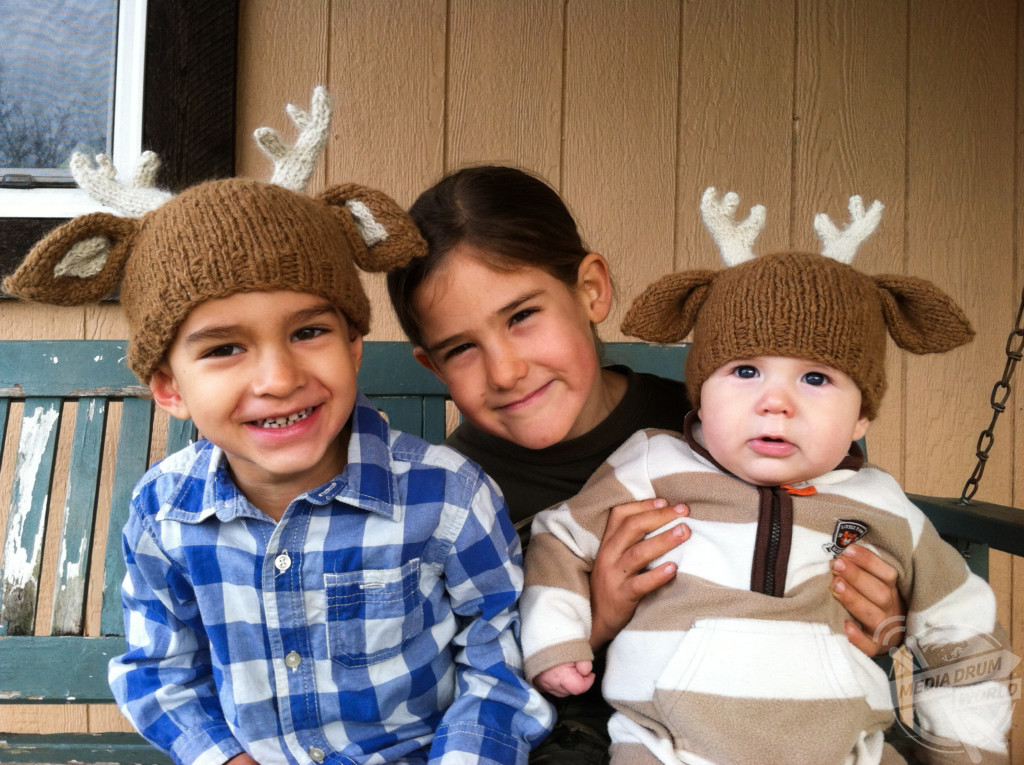
Amy Rae / MDWfeatures
Amy Rae and her part time physician’s assistant husband, Caleb (both 40) from Coalmont, Tennessee, USA, bought their 90-acres of land back in 2007 and two years later built a small home on it for them to live in before starting a family a few years later.
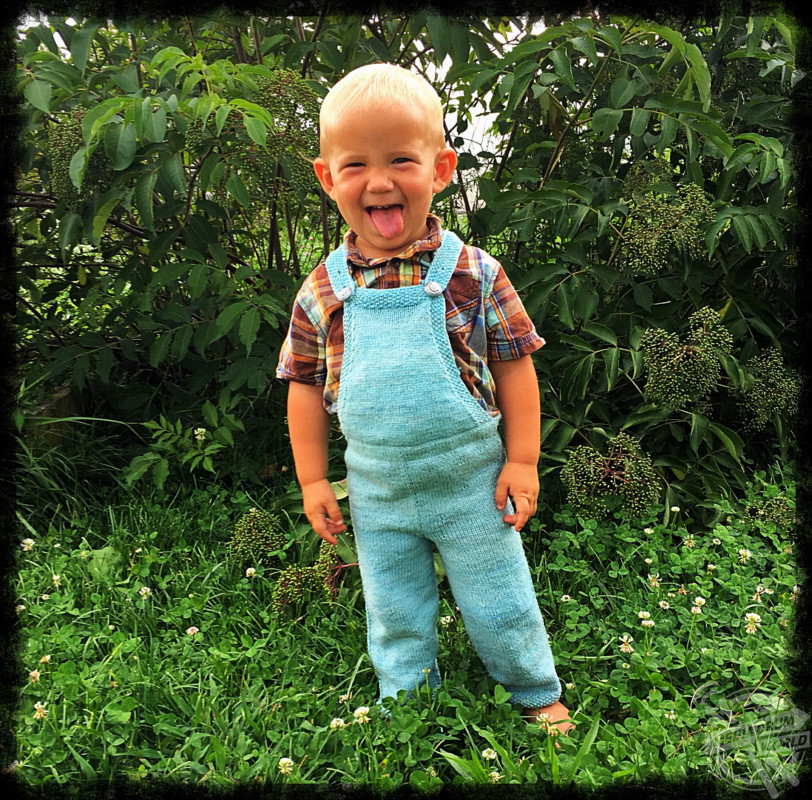
Amy Rae / MDWfeatures
Now the couple have three sons who they home-school, Liam (8), Malachi (5) and Ewan (2) and a whole host of animals that they raise for food and have 30 highland cattle, 15 alpacas, 30 goats, 10 sheep ewes, 40 ducks, other poultry and two beehives.
The family’s rural life means that they rely on themselves and not large supermarkets for food, with the nearest sizeable town being over an hour away and means that the boys have never seen a Walmart supermarket before.
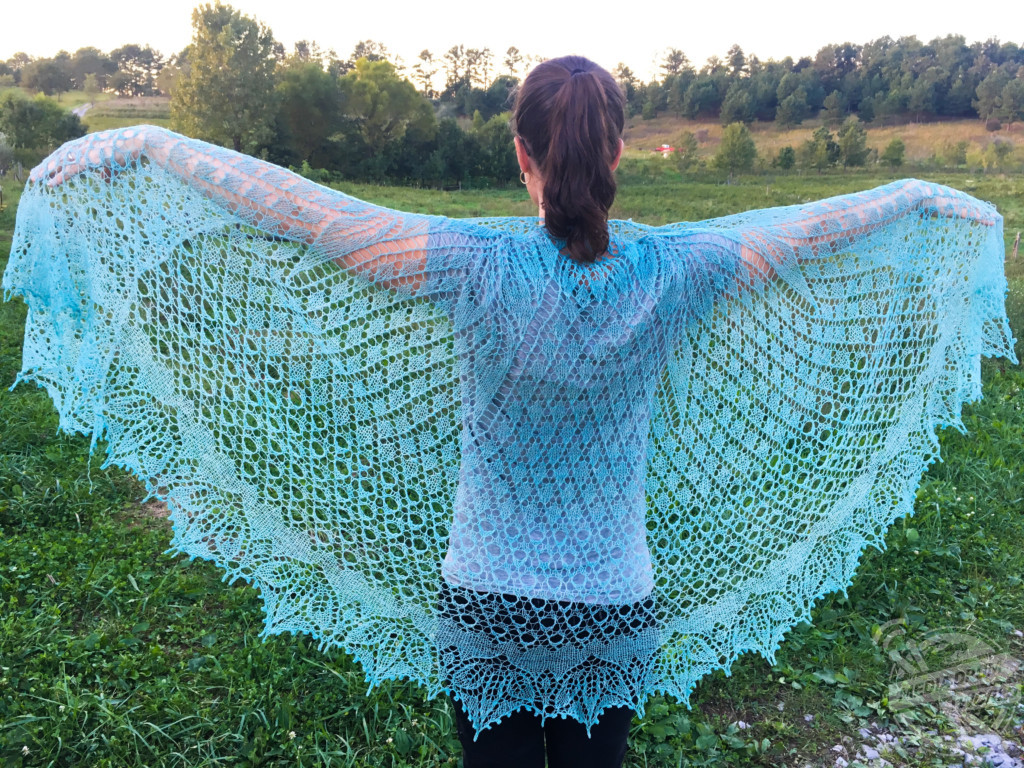
Amy Rae / MDWfeatures
They don’t have an electricity bill as they get their power from solar panels with a gas generator for backup, collect rainwater in a 22,000-gallon tank with a well for backup, a propane tank for cooking with and a woodstove to provide them with heat. The family have mobile phones but do not have a landline.
This way of life has plenty of idyllic benefits, but Amy explained how everything they eat needs to be planned, sometimes months in advance.

Amy Rae / MDWfeatures
“I currently spend most of my time making soap and balms, spinning alpaca yarn and knitting, cooking and preserving homegrown food, a myriad of household and farm chores, and most importantly, home-schooling and raising three boys,” she said.

Amy Rae / MDWfeatures
“Caleb works as a physician’s assistant one to two days a week, and otherwise is here on the farm, helping with the boys, managing the livestock and gardens, continuing to build the farm and house, and an endless list of miscellaneous chores.
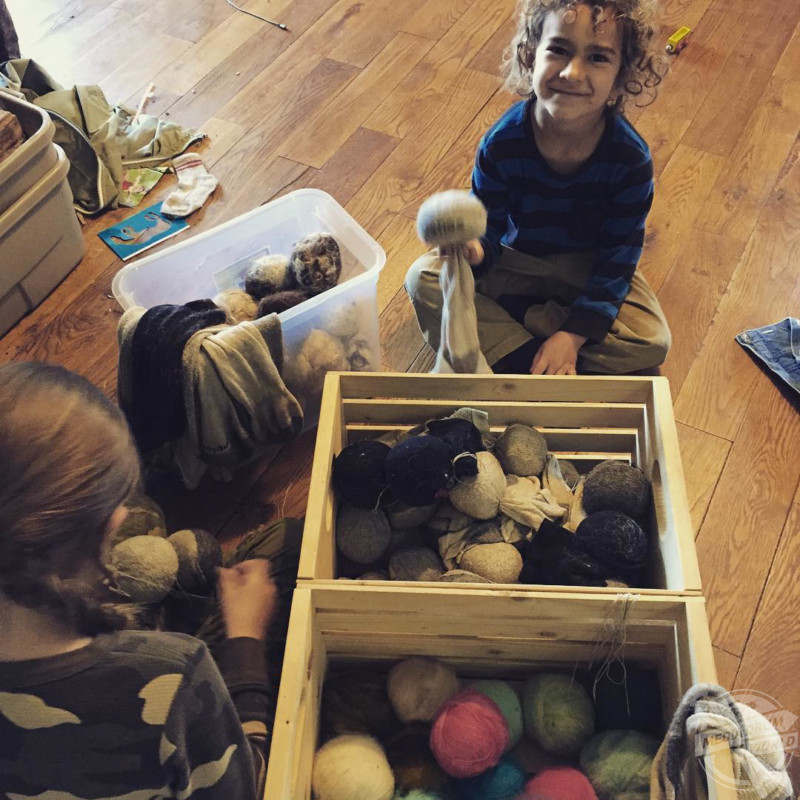
Amy Rae / MDWfeatures
“We have both always been very independent, interested in doing things for ourselves, by ourselves, and in ways that minimise our use of resources. Raising our own meat, vegetables, wool, and children just seemed like what we were ‘supposed’ to be doing.
“It’s a lot of work. A lot of work! More than most people even imagine, and it’s constant. We rarely take vacations, and even more rarely as a whole family because someone always has to stay and care for the farm.
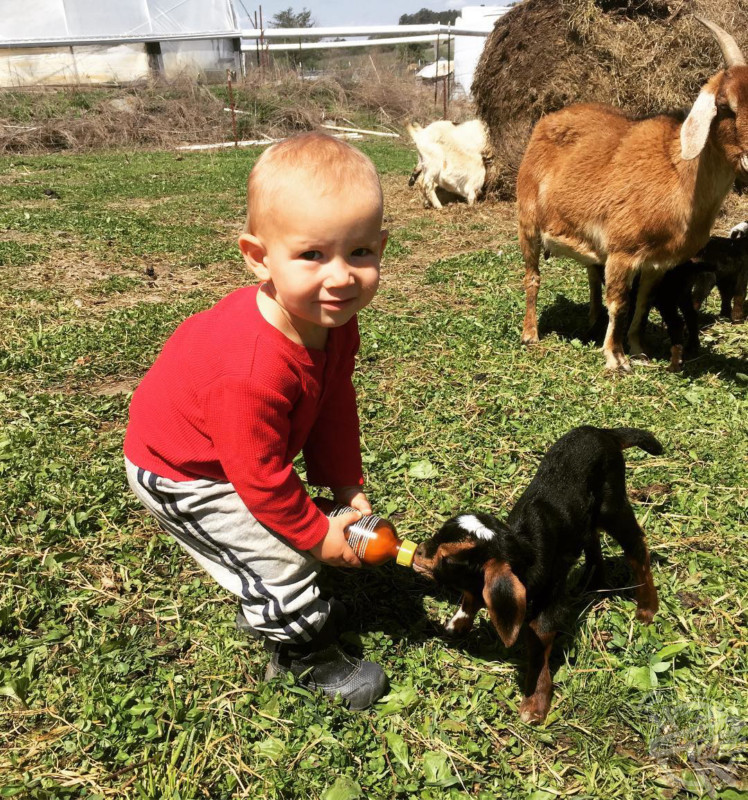
Amy Rae / MDWfeatures
“Being rural, it’s hard to find simple things like a good babysitter or Indian restaurant or movie theatre, and everything is at least an hour’s drive.
“Being self-sufficient, even partially, means much greater responsibility for providing for ourselves than many people have – if I want sauerkraut, then ideally I should start with growing cabbage, before I even make my own kraut!
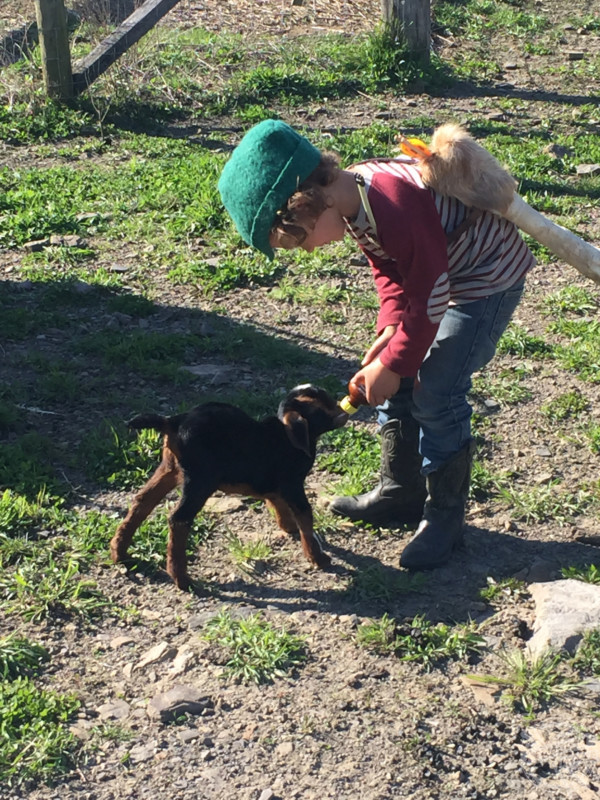
Amy Rae / MDWfeatures
“If we really like eating chicken, then we need to plan to raise enough chicken during the summer to last us a year and then process them and have the freezer space ready. It takes a lot of planning and personal responsibility to maintain this lifestyle.
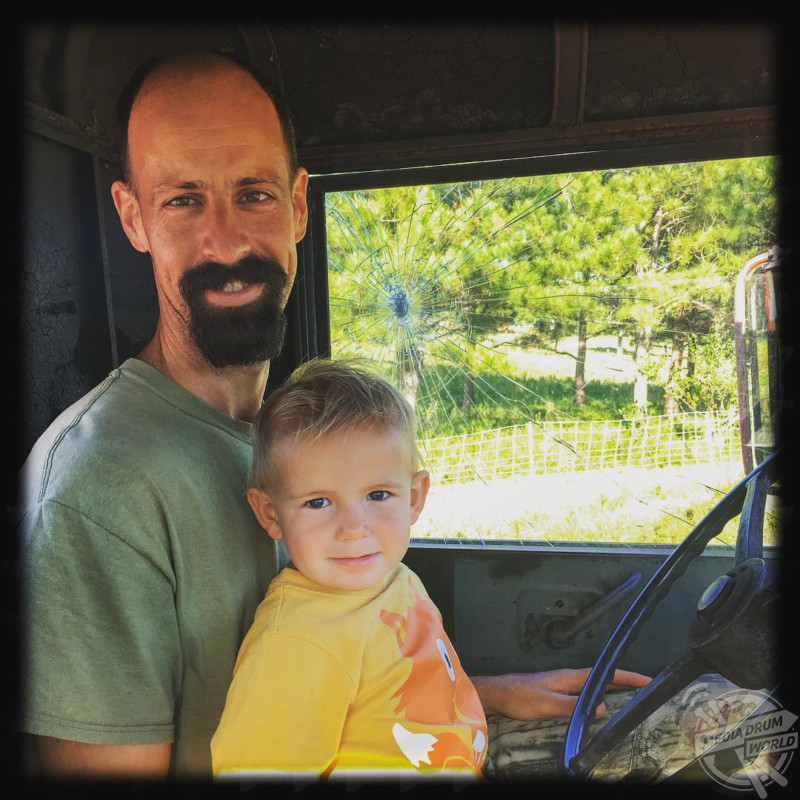
Amy Rae / MDWfeatures
“Secondly, home-schooling, while being amazingly rewarding, is also incredibly draining psychologically and emotionally. It is close to all-consuming to have three small children around all the time.”

Amy Rae / MDWfeatures
As well as home-schooling the children and ensuring that the farm and family life runs smoothly, Amy makes her own soaps, yarn, knitted products and cheese which she then sells.
Above all, this way of life affords the family a level of freedom that today’s consumer driven lifestyle doesn’t.

Amy Rae / MDWfeatures
“We have no electric bill and we never lose power in storms, we don’t feel guilty about using electricity because ours doesn’t come from a power plant with a huge carbon footprint and emissions, we never wonder what is in our water, or is being taught to our children,” she said.
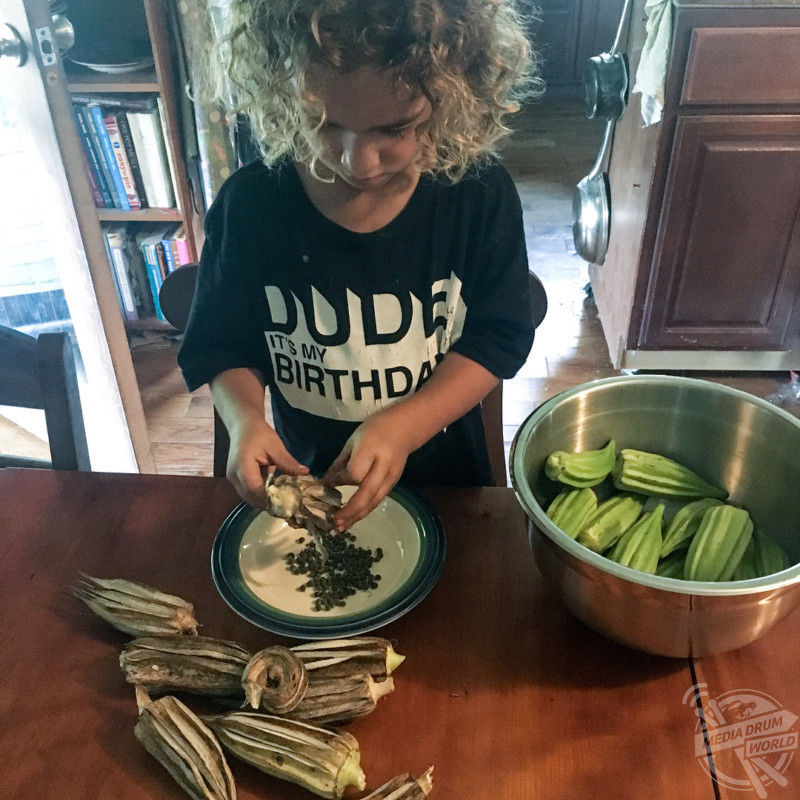
Amy Rae / MDWfeatures
“We can grow foods that are hard or impossible to find in grocery stores, especially in a rural area, and don’t have to worry about what’s been put in or on them. More than anything, we can (to a large degree) do what we want, when we want.
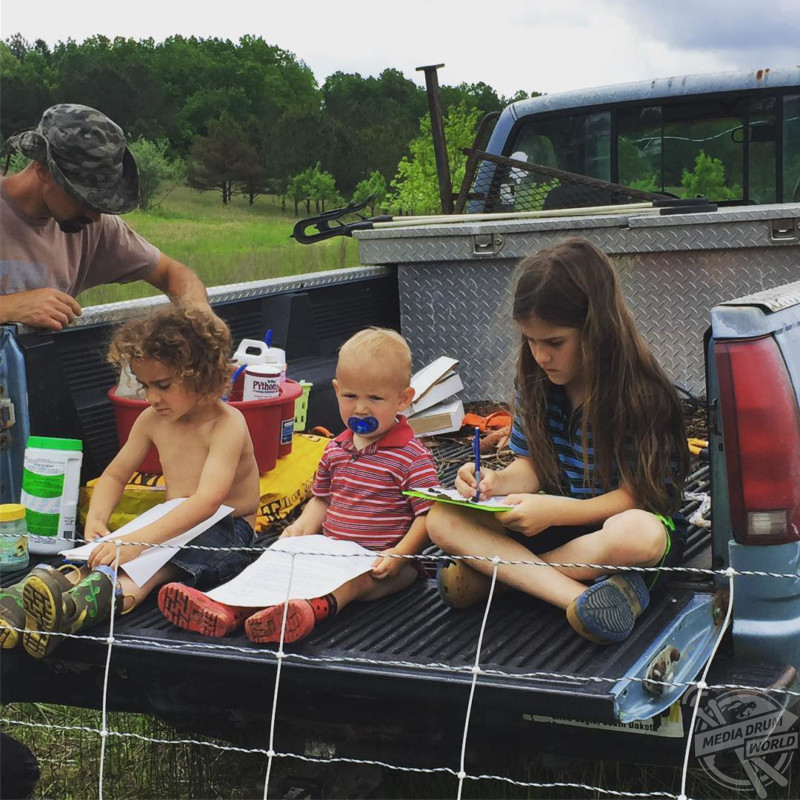
“Our lives are not dictated by a job or school system, a grocery store or global conglomerate’s revenue demands, or so many other things that are generally out of our control.”
Amy charts her family’s homesteading adventures on their Instagram and website.
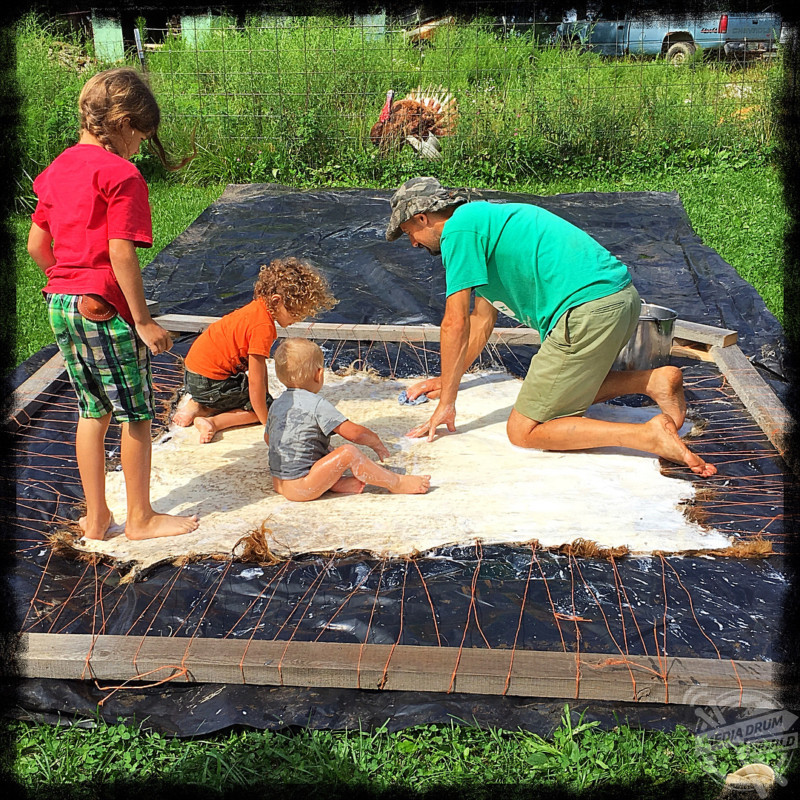
Amy Rae / MDWfeatures
Finally, she shared her words of advice to others who might wish to pursue this lifestyle.
“Do what you really want to, before it’s too late,” she said.
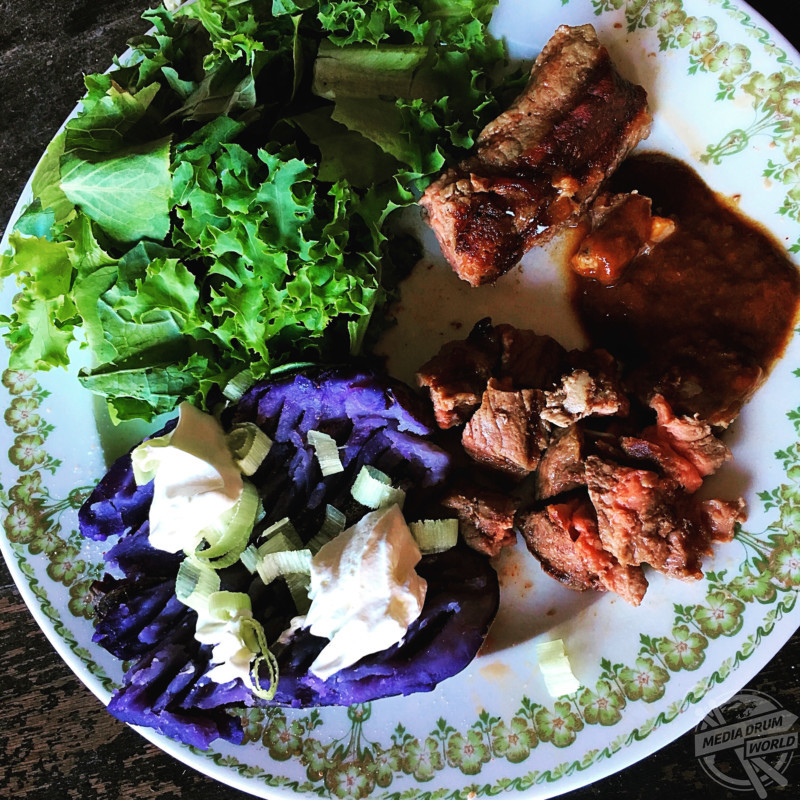
Amy Rae / MDWfeatures
“Read lots of books, talk to lots of people, research everything, and then you just have to try it for yourself. Conversely, be careful not to judge yourself by or hold yourself to a standard that is not appropriate – for example, since we live on a reclaimed coal mine our soil is awful.
“We simply can’t follow many recommendations for gardening, installing fencing etc.
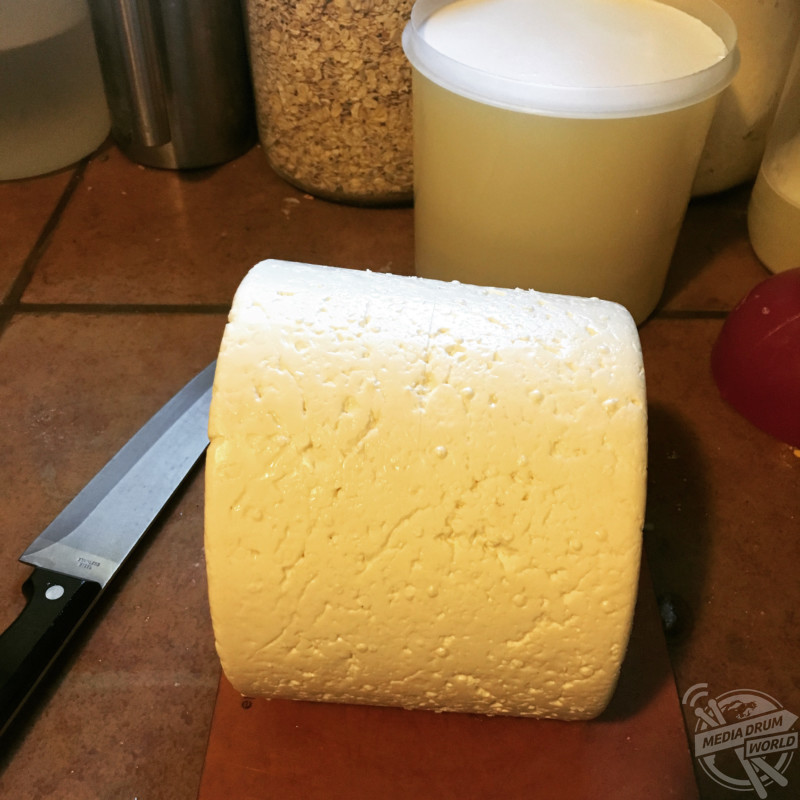
Amy Rae / MDWfeatures
“Or – with solar power, we can’t do things like raise baby chicks because we can’t run heat lamps all night, so we have to find hens that will hatch eggs for us. Be creative, adaptive, and always remember what your goals are – they may be different than those of whoever wrote that book or made that YouTube video.
“Always be willing to adapt someone else’s ‘wisdom’ to your own personal situation, and much like diets, there’s nothing wrong with not subscribing to any particular ‘belief system’ – permaculture, no-till farming, square foot gardening, mob grazing, raised beds – they all have their benefits, as well as downsides, depending on your specific lifestyle, property, and goals.”
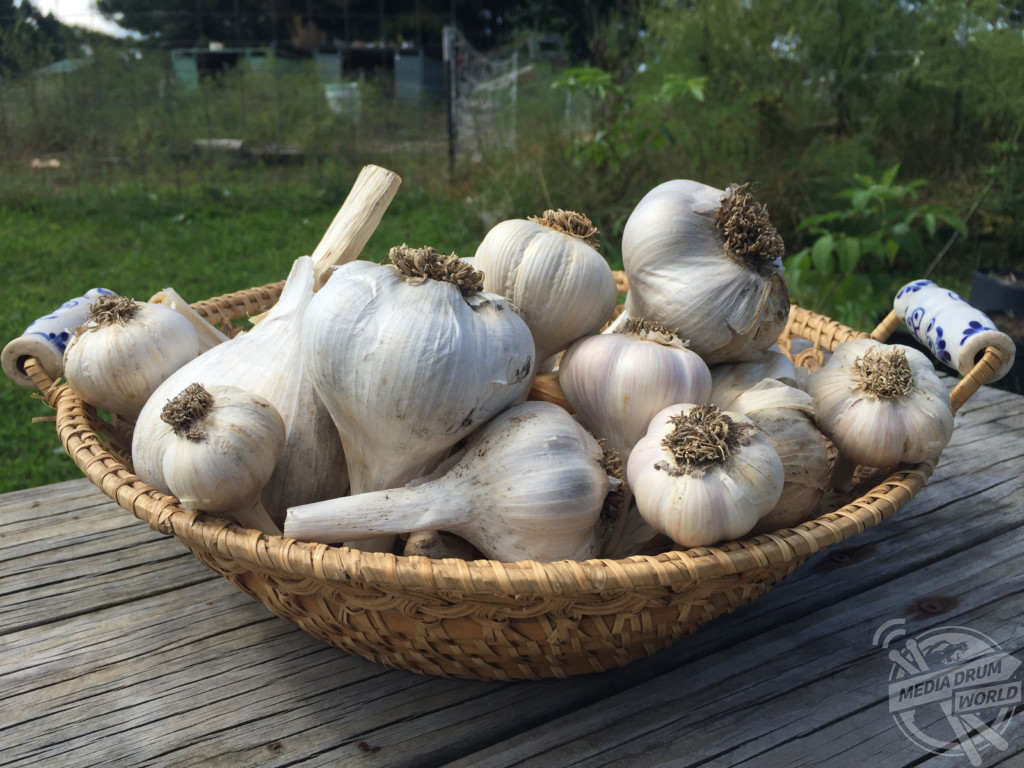
Amy Rae / MDWfeatures
For more information see www.solacefarmhomestead.com and www.instagram.com/solace_farm_homestead






